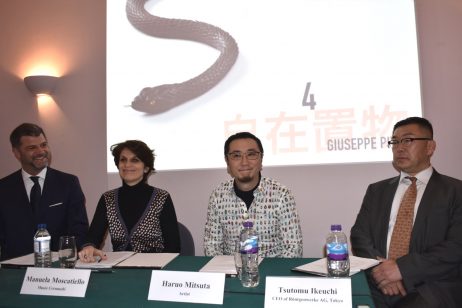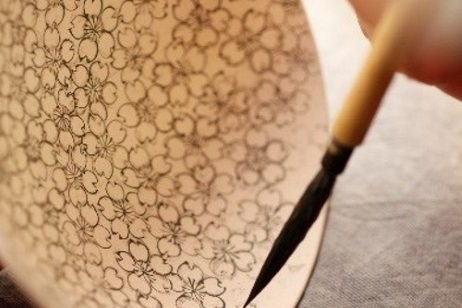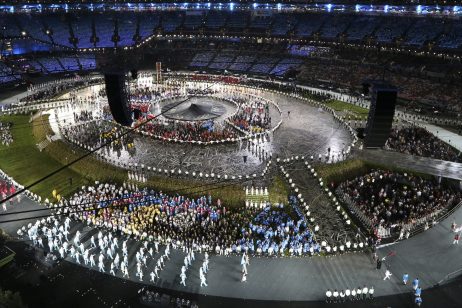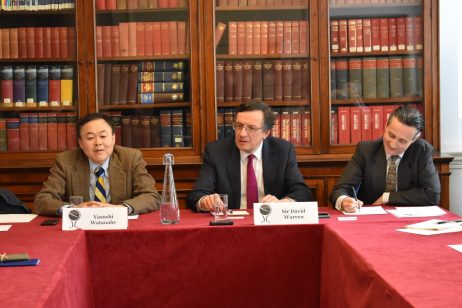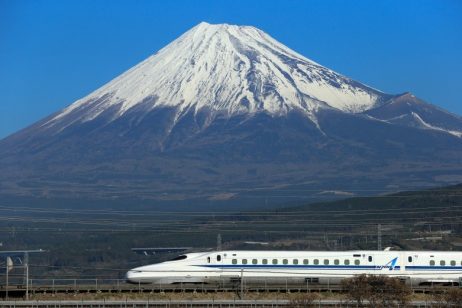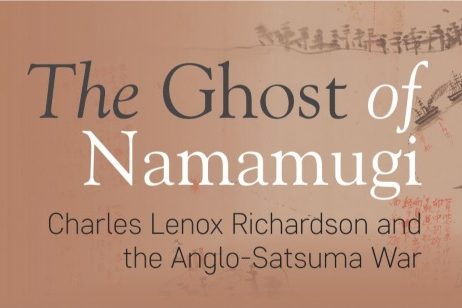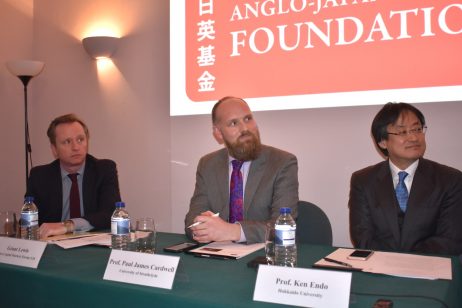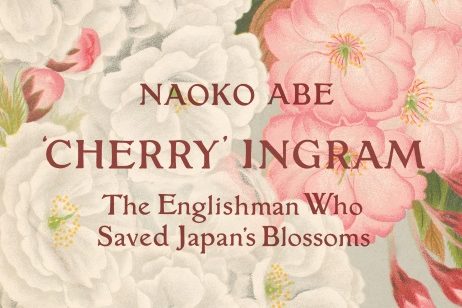10 May 2019
Artist Talk: Haruo Mitsuta in conversation with Giuseppe Piva and Manuela Moscatiello
In this event, Haruo Mitsuta was joined in conversation by Giuseppe Piva, Director of the Giuseppe Piva Japanese Art Gallery in Milan. Mitsuta is the only living artist who makes contemporary Jizai Okimono (“articulated animals”) – flexible animal figures made from metal pieces, which can replicate the movements of the original animals. Mitsuta discussed his practice, the works on show and the beauty behind Jizai Okimono. The talk was chaired by Manuela Moscatiello, Japanese Collection Curator of the Cernuschi Museum in Paris.
More info